‘Yoga helped me cope with how I was feeling as undiagnosed autistic'
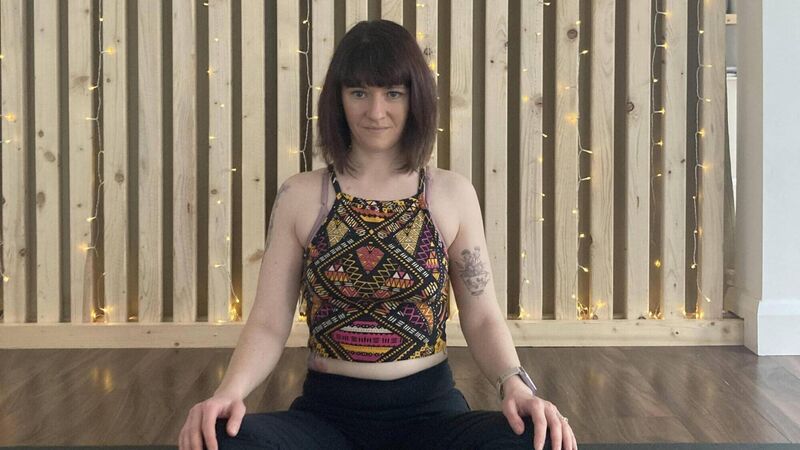
Aileen Ferris, set up Síoga Yoga, a neurodiversity-affirming yoga class in Free Flow Studios in Cork City.
Two years ago Aileen Ferris was diagnosed as autistic in her late 30s. In many ways the diagnosis was a relief.
“I’d always felt different but I didn’t understand why. I experienced anxiety and other mental health symptoms as a result, she said.
“When a friend of mine was diagnosed as autistic, I realised her experience felt familiar. I took the adult assessment and was diagnosed at the age of 37.
As she went through life, Aileen had always turned to yoga.
“Over the years, it helped me cope with how I was feeling and the different traumas I’d experienced being undiagnosed autistic,” she said.
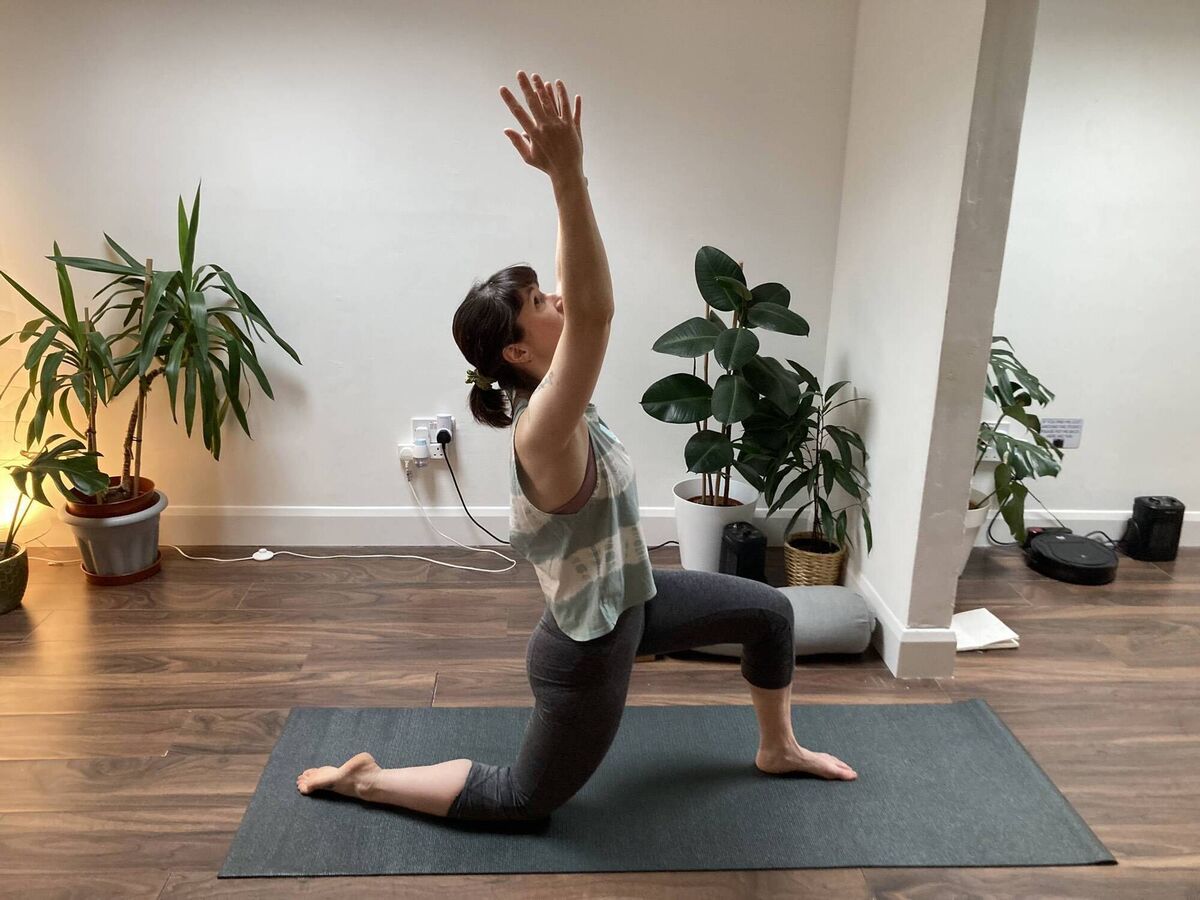
She wanted to understand yoga and herself a little better, so she enrolled in a yoga teacher training course. Halfway through it, she realised that she wanted to help others like her to experience yoga.
In April, 2024, Aileen set up Síoga Yoga, a neurodiversity-affirming yoga class in Free Flow Studios in Cork City.
Neurodiversity is an umbrella term that can include autism, ADHD, dyslexia and many other differences. A service like Síoga Yoga that’s neurodiversity-affirming, accepts and respects the different needs of neurodivergent people.
“Many neurodivergent people already feel weird and awkward in the world, and traditional yoga classes may seem intimidating to them,” explains Aileen.
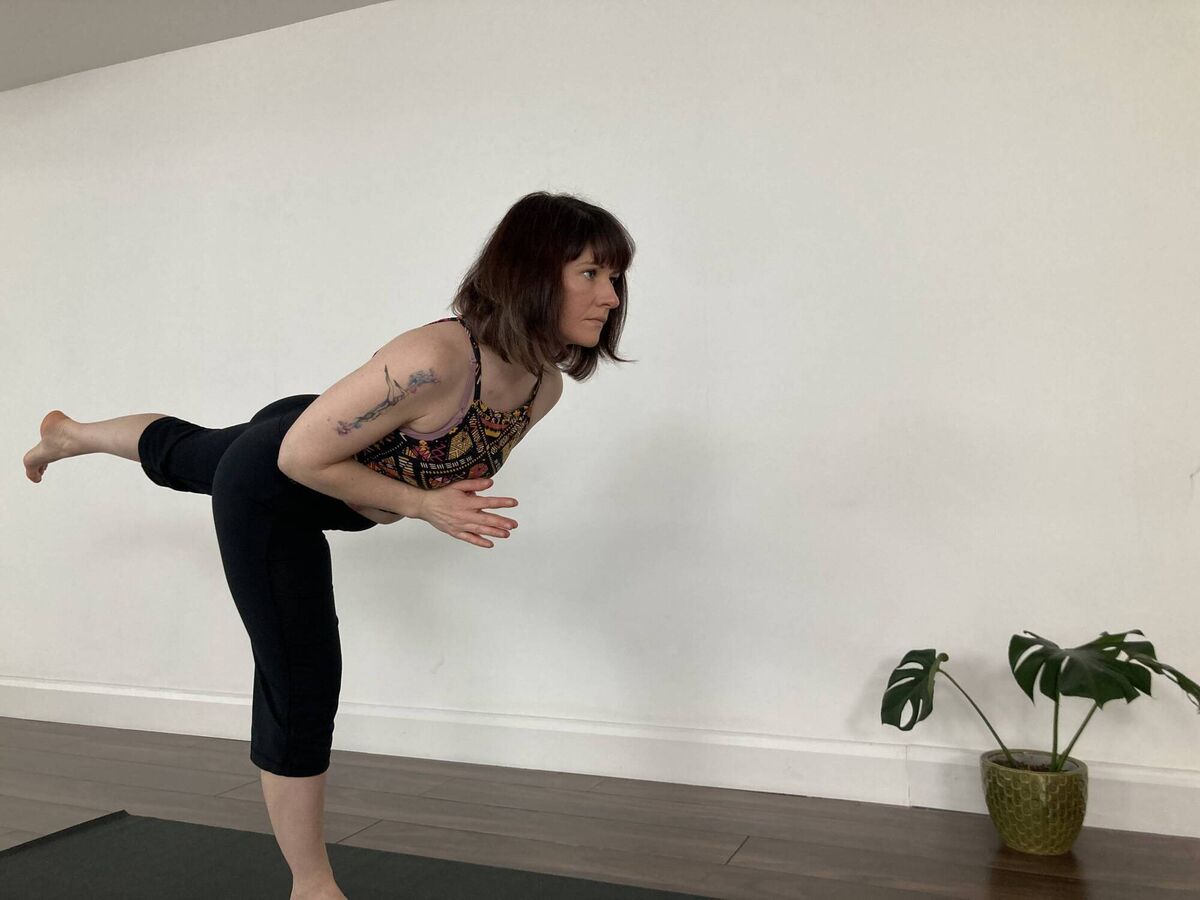
In Aileen’s Saturday morning classes, every neuro type is welcome.
“I wanted to create a class that was friendly and accessible to neurodivergent people,” she said.
From stimming, an inability to regulate dopamine levels, poor body awareness, and trauma, neurodivergent people are often trying to navigate a world that makes them feel uncomfortable, and, like Aileen, they may not know why.
“Neurodiversity looks different for everyone. We will all have different traits. For example, I have extreme sensory sensitivity and struggle with sleep but my executive function and my ability to communicate are very good.”
Some neurodivergent people may struggle with interoception, where they find it difficult to recognise internal sensations like hunger or the need to go to the toilet. Proprioception is the ability to sense the body’s movement and location.
"With mindful movement and observation, yoga can help with both of these, and in turn, this can increase a person’s sense of connectedness with their body, leading to overall better health outcomes,” explains Aileen.
Because she herself is neurodivergent, she has first-hand knowledge of how to structure a neurodiversity-affirming yoga class.
"It signals safety to the body and many people find yoga to be a nurturing and healing practice,” she explains. To that end, repetition and patterns can often mean comfort and safety to neurodivergent people, especially autistic people.
“That’s why the slow, mindful, repetitive movements and rhythmic breathing in yoga can be deeply satisfying. These movements can also function as stimming.
“Stimming refers to repetitive movements and is often associated with neurodivergent people. People stim to self-soothe, regulate sensory input, express excitement or distress, or simply because it feels good.”
In her class, Aileen is a also conscious of the language she uses. Rather than directing her students to perform certain movements, she invites them to explore them in a way that feels empowering, and safe.
“This encourages students to listen to their bodies and make choices that serve them best. It creates a more inclusive and supportive atmosphere in class, which is suited to many neurodivergent people, who may have sensory sensitivities or find certain poses overwhelming.”
Central to Aileen’s yoga class is the notion of play or playfulness.
"I realised that, as adults, we forget to make time for play and silliness, but it is important and so nourishing. I wanted to bring that into my classes,” she said.
“I encourage movement without a goal and not worrying about looking silly. Play brings us back to the things we enjoyed when we were a child. In that way, it can provide sensory stimulation that many neurodivergent people find enjoyable.
“It also provides an outlet for expressing emotions in a safe and non-threatening way. This can help reduce anxiety and aid social interaction and connection, which can be difficult for some neurodivergent people. In my classes, we love to get a bit silly, with some free movement and whimsical body expressions.”
Síoga Yoga is open to people aged over 16, on Saturdays at 9.15-10.15am in Free Flow Studios on Academy Street in Cork city.
There is a cohort of neurodivergent people who feel like yoga or exercise is not accessible to them.
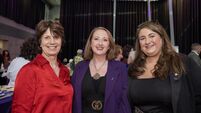

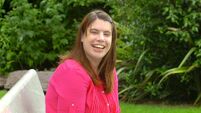
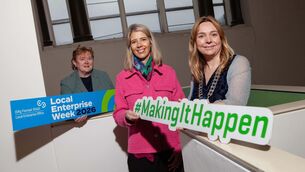



 App?
App?


